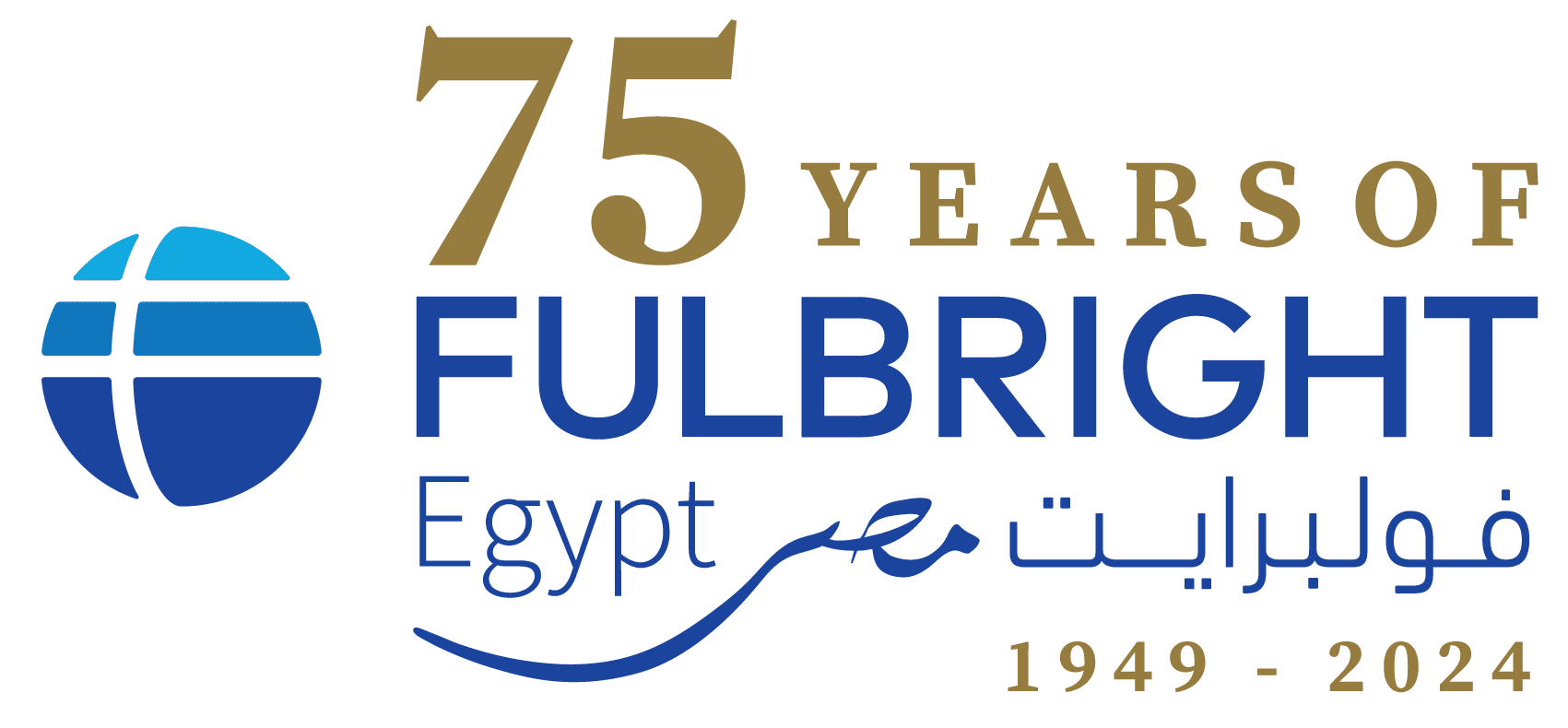ANA MENÉNDEZ, Journalist and Writer, Miami, U.S.A
2008-2009 U.S. Fulbright Scholar, American University in Cairo, Cairo, Egypt
Shortly after I arrived in Egypt in the summer of 2008, the Parliament Building caught fire. It burned for 18 hours, sending black smoke into the sky. Much of the structure – and its contents – came to ash.
I didn’t realize it then, of course, but the fire was a kind of prophecy: For a country that didn’t yet know it was poised on the edge of revolution. And for me. My year in Egypt was a strange, moving reminder of the tireless force of change.
I had come to Cairo on a long-dreamed-of Fulbright grant. I was running towards a new adventure, a new culture and a chance to reconnect with my linguistic roots. My maternal grandmother was of Lebanese/Syrian descent. Her parents, immigrants to Cuba, never formally taught their children Arabic. Egypt, I hoped, would give me a chance to mend the broken transmission of that beautiful language

Fulbright Orientation in Cairo 2008
But every journey contains both yearning and escape. In truth, I was also running away. This is probably the worst reason to travel. For one never outruns the self. And to conflate that poor, imaginary entity with an entire nation represents the worst kind of reductionism. I am lucky that Egypt did not punish me for my hubris.
Instead, the country met me on my own terms, and taught me to do the same in return. I had lived abroad before, but always as the pampered foreigner: I had drivers, and cleaning ladies and fixers to do my banking and shopping. The genius of the Fulbright program is that it gently forces integration.
Two days after arriving in Maadi, I needed to travel to the Fulbright office in Dokki to sign paperwork. When I called for directions, I received instructions on how to take the metro. That’s it, no big deal. And it set the tone for the rest of my time in the country.



